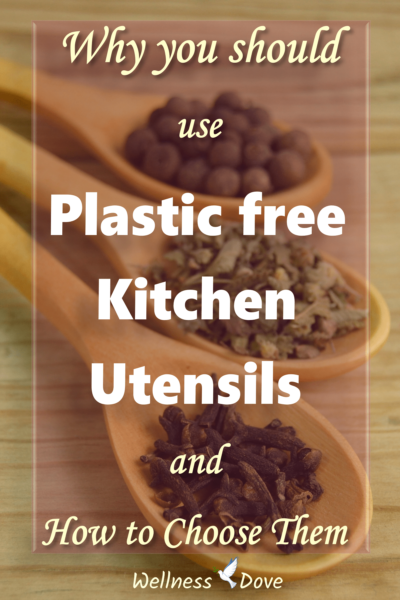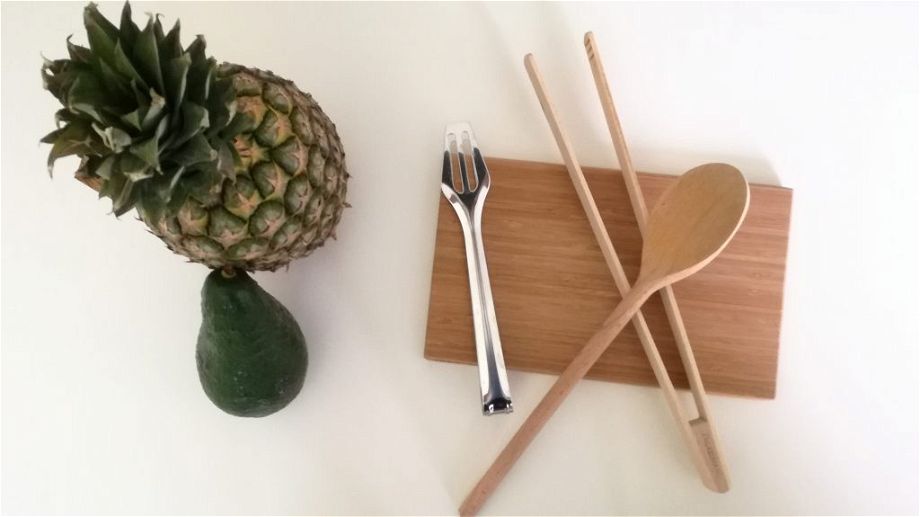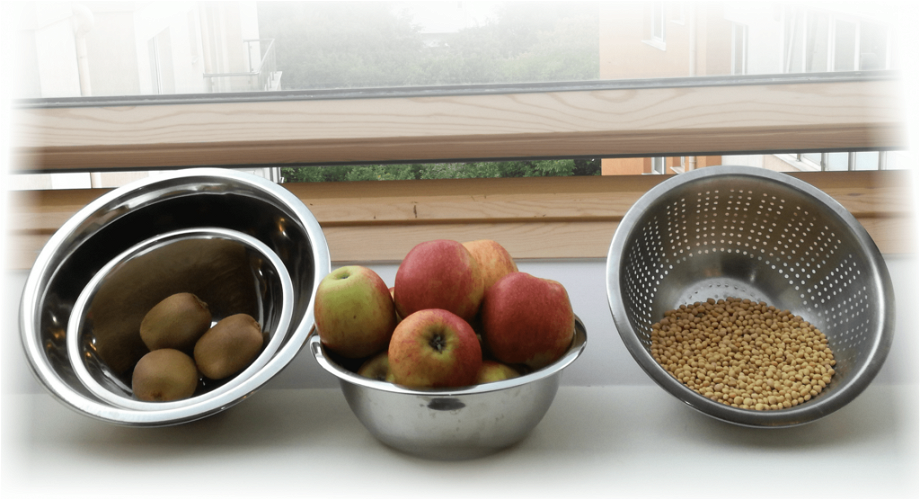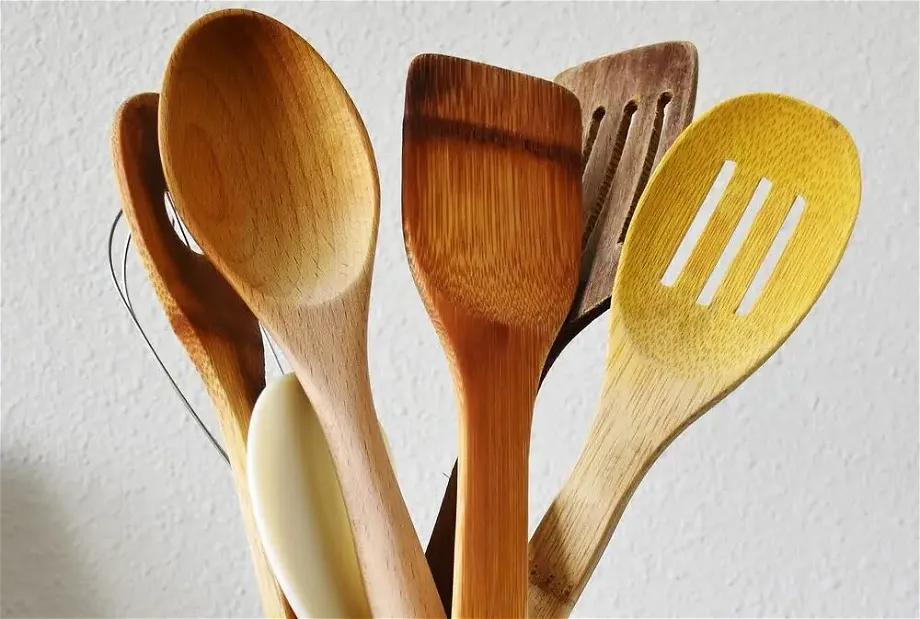
The fact that the quality of our food affects directly our health and well-being is unquestionable.
Certainly, the most important part of eating good food is to buy quality ingredients. At the same time, the tools we use to prepare our food can have a huge impact on how healthy it is.
That is, we believe that we should be quite careful not to contaminate our food with toxins while we cook it.
Plastic has been known to leach toxins into food and, as it is so ubiquitous, we embarked on a quest to detox our kitchen from most plastic items.
The main reasons why we want to reduce, if not, completely remove plastic from our kitchen utensils are:
- They are usually heated. Heat causes toxins to leach more easily from the cookware into food.
- They are used over and over so they easily get scratched, which releases the toxins that were originally locked in the plastic when it was whole.
- They are usually used with wet food. Moisture (water, oils or the juices of the food itself) can carry toxins from plastic cookware into the food.
Therefore, stirring your soup with a plastic spoon is the easiest way to insert toxins into your food.
All your non-stick pans will be OK
The main reason we buy plastic utensils in the first place is that they will not damage all the non-stick coated pans and pots we use.
There is no need to worry though, nature has already provided the solution:
The materials: we prefer wood and (then) metal
Wood is a natural, safe material and we swapped all of the plastic utensils we could for wooden.

To avoid toxicity, we actually go for the simplest (cheapest), most untreated options, since wood is often processed with various chemicals.
Although these may not last as long, we can prolong their life by taking proper care of them. We, in particular, “process” them with natural vegetable oils such as olive or sunflower oil.
If we cannot find a good wooden alternative, we go for a high-quality metal one.
As metal alloys are, in fact, man-made, there is some doubt whether there are any toxic substances in it. However, it a lot safer than plastic and we would always prefer metal utensils. Naturally, we would consider not buying the cheapest model but choose higher quality ones.
The benefits of plastic utensils are inessential
It was quite a challenge to find proper wooden or metal alternatives to all the plastic utensils we had.
Most of all, we had to rethink what utensils did we actually need and for what purpose.
For instance, we do not have a wooden ladle.
We could buy a wooden bamboo ladle so that we do not scratch our non-stick cookware.
However, we realized that we rarely cook food in a non-stick pot that requires a ladle to be served with. This way we can cook these foods in our stainless steel pots, which are generally healthier to cook in the first place!
Chopping boards
Plastic can be especially toxic when it is heated and when it is scratched.
Chopping boards are for scratching. Hence, no matter how durable and high-quality the plastic is, a plastic chopping board is prone to leaching toxic substances every single time you use it.
Once we considered plastic chopping boards to be more practical as they are dishwasher safe. Not only it was easier to clean them this way but also we believed that the washing is more thorough.
However, in the dishwasher, the boards get heated and that makes them even more likely to leach toxins into our food in the future.
We have gone for wooden boards, made from bamboo as it is lightweight and thin.
Yes, you cannot put it in the washing machine and it needs oiling from time to time but because we actually wash the boards after using them, we need fewer boards. Fewer boards, less clutter!
Colander, spinner and mixing bowls
We have been using plastic bowls, colander, and vegetable spinner to wash and store our food in while we are cooking as they are lightweight, durable and versatile.
Plastic, that we exposed to heat, that was scratched from constant use and that was used to store exclusively wet food!

Ceramic bowls are best for your health as they would not leach almost anything into the food.
Stainless steel bowls and strainers could leach iron and nickel, especially if you use them with hot food. They are more practical and shatter-proof, however, which makes them a great alternative to plastic.
Food storage
When we started inspecting our kitchen for plastic, we were horrified with the realization that we stored food exclusively in plastic. In many cases, we put sauces, soups, and other moist food in containers which were already scratched and worn out!
Now we tend to use glass jars for most of our food storage. For many applications, jars are not suitable so we have gone for glass containers. Many have plastic lids, which is OK if the food we store is not hot (so that condensation goes on the lid, heats it and then falls back into the food, carrying toxins) and it does not touch the lid.
Share with us more about how you choose your cooking utensils in the comments box bellow!


